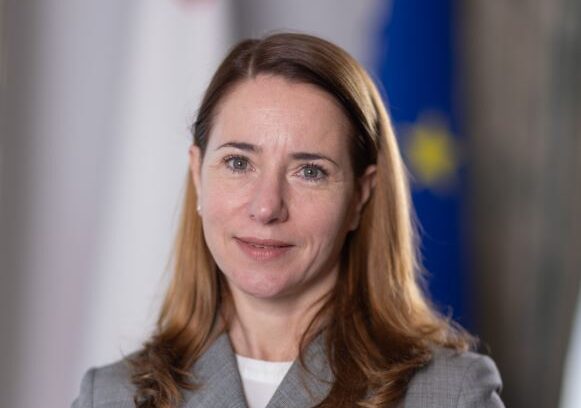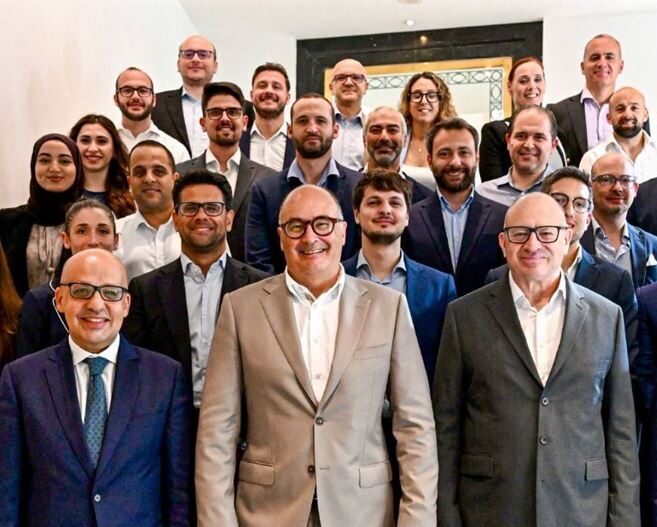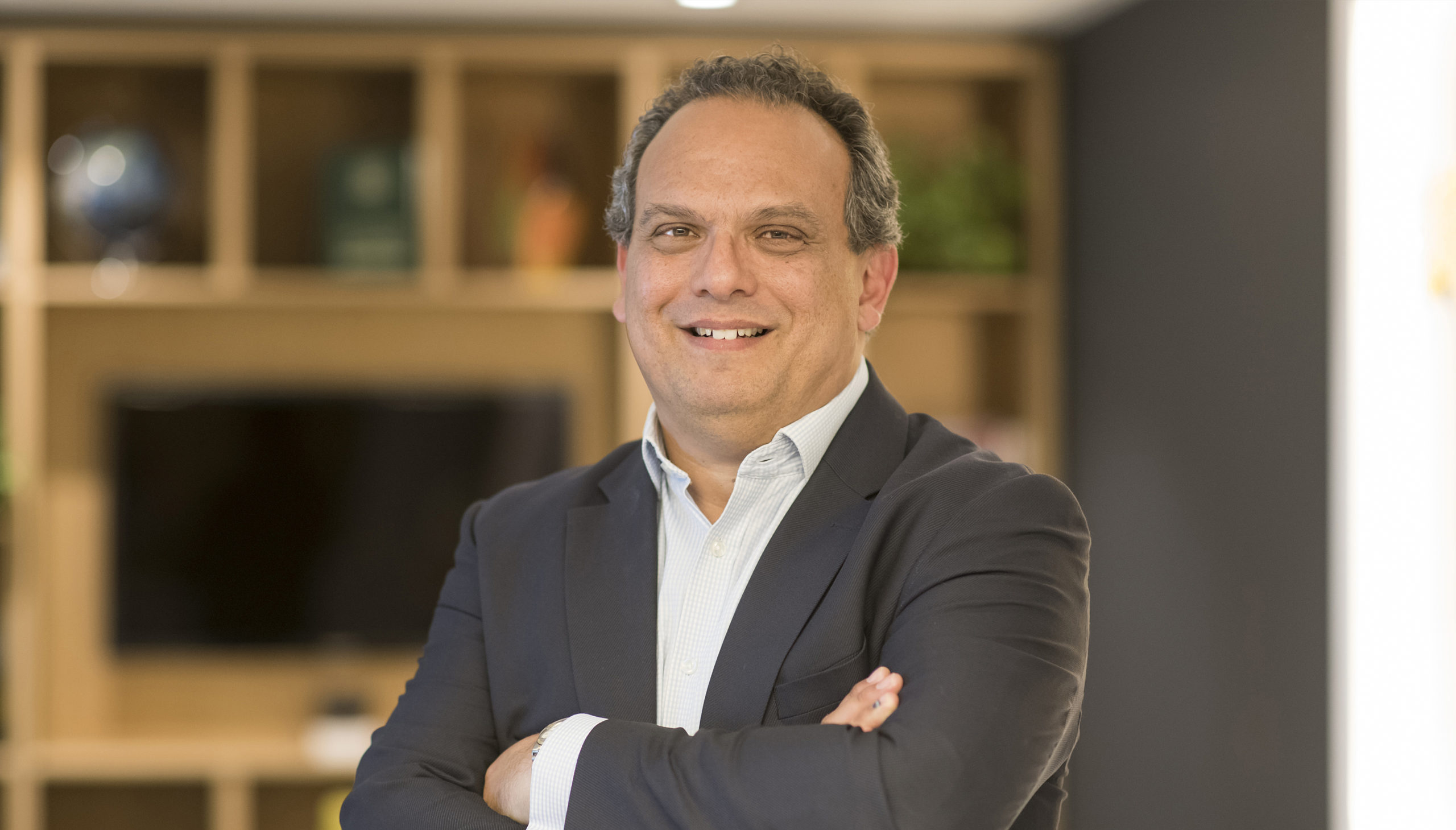34 per cent of Europe’s technology professionals intend to leave their jobs this year due to low wages, a new study has found.
Titled ‘The Tech Talent Explorer,’ the study surveyed more than 5,000 IT and tech professionals across 20 European, Middle Eastern and African (EMEA) countries.
The study finds that among the reasons why tech professionals were unhappy at work, the top five were that the salary is too low, they find themselves with a lack of development opportunities, lack of career progression to date, lack of long-term opportunities and their role is not challenging enough.
At 36 per cent, data and analytics professionals are the most likely to leave their jobs, followed by software development professionals (34 per cent). The group least likely to leave their jobs is cloud computing specialists at 28 per cent.
With salary being one of the biggest concerns for these professionals, the survey compares pay in the Middle East and European countries.
For instance, a network engineer located in the Middle East earns an average pay of €74,900 annually. In Czechia, the pay is less than half, standing at €31,000, while in Spain the pay for the job equates to €33,000.
Similarly, a security engineer in the Gulf Cooperation Council (GCC – including UAE, Bahrain and Qatar), receives an average pay of €105,000. The same job in Italy would pay €45,750 and €48,000 in Portugal.
Nonetheless, 22 per cent of tech specialists in the Middle East are expecting a salary increase of 20 per cent or more this year. Conversely, less than 10 per cent of these professionals expect similar increases in Europe.
In general, the top three factors that attract professionals to companies are good work atmosphere, remote working and challenging roles or projects.
In addition, the survey revealed that 82 per cent of all EMEA tech professionals wish for further AI training and consider it to be a key area to develop.
Alison Micallef appointed CEO at Malta Development Bank
She steps into the new role effective immediately.
Impact beyond profit: CSR in Malta is a must in 2025
Nowadays, corporate social responsibility can no longer take a backseat in your business's vision.
Malta’s private equity sector urged to seize opportunities at high-level CEO seminar
Panellists highlighted Malta’s potential as a destination for private capital, citing its English-speaking workforce, regulatory accessibility, and strategic location.
Ronald Attard takes on expanded role as Managing Partner for Risk Management at EY Europe Central
He has built experience in management accounting, corporate finance, and mergers and acquisitions.









